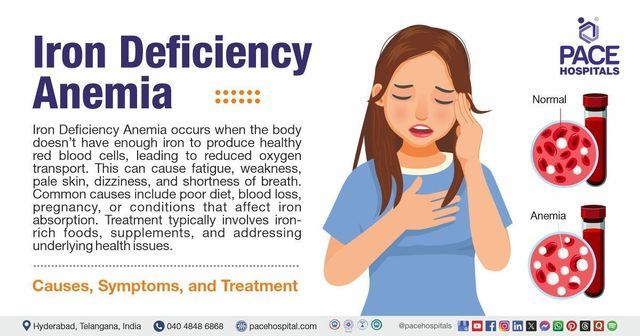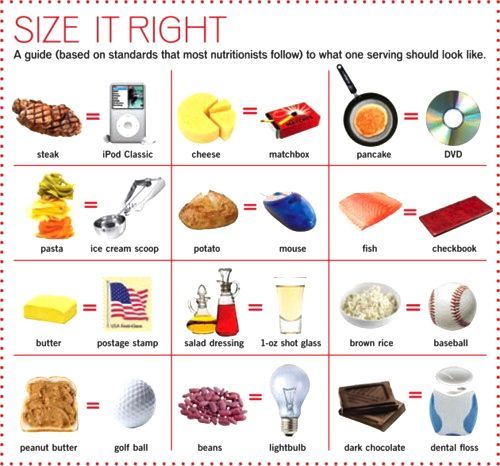Iron Deficiency: Symptoms, Causes, and Solutions
Iron deficiency is a common health issue that affects millions of people worldwide. It occurs when there is a lack of iron in the body, which is essential for producing hemoglobin, a protein in red blood cells that carries oxygen throughout the body. In this article, we will discuss the symptoms, causes, and solutions for iron deficiency.
Symptoms of Iron Deficiency
Iron deficiency can manifest through a variety of symptoms, ranging from mild to severe. Some common signs include:
Fatigue
Feeling tired and lethargic even after getting enough sleep is a common symptom of iron deficiency. This is because iron is crucial for creating energy in the body.
Paleness
A lack of iron can result in pale skin and nails, as iron is needed for the production of red blood cells, which give skin a healthy color.
Weakness
Iron deficiency can lead to muscle weakness and decreased physical performance. This can make everyday tasks more challenging.
Shortness of Breath
Since iron is essential for transporting oxygen to cells, a lack of iron can cause shortness of breath even during normal activities.
Causes of Iron Deficiency
There are several factors that can contribute to iron deficiency. Some common causes include:
Poor Diet
A diet low in iron-rich foods such as red meat, poultry, and leafy greens can lead to iron deficiency. Vegetarians and vegans may be at a higher risk of iron deficiency due to their limited intake of iron-rich foods.
Blood Loss
Women who experience heavy menstrual periods or individuals with gastrointestinal bleeding may lose excessive amounts of blood, leading to iron deficiency.
Pregnancy
Pregnant women require more iron to support the growth and development of their baby. If they do not get enough iron through their diet, they may become iron deficient.
Malabsorption
Certain conditions such as celiac disease, Crohn’s disease, or gastric bypass surgery can interfere with the body’s ability to absorb iron from food, leading to deficiency.
Solutions for Iron Deficiency
Treating iron deficiency typically involves increasing iron intake through diet or supplementation. Some solutions include:
Dietary Changes
Eating a diet rich in iron-containing foods such as lean meats, beans, nuts, and fortified cereals can help boost iron levels in the body.
Iron Supplements
In cases where dietary changes are not enough, iron supplements may be recommended by a healthcare provider to increase iron levels.
Vitamin C
Consuming foods rich in vitamin C, such as citrus fruits, can help enhance iron absorption in the body.
Blood Transfusion
In severe cases of iron deficiency, a blood transfusion may be necessary to quickly replenish iron stores.
Conclusion
Iron deficiency is a common health issue that can have a significant impact on overall well-being. By recognizing the symptoms, understanding the causes, and implementing solutions such as dietary changes, iron supplements, and vitamin C intake, individuals can effectively manage and prevent iron deficiency. If you suspect you may have iron deficiency, consult with a healthcare provider for proper diagnosis and treatment.


